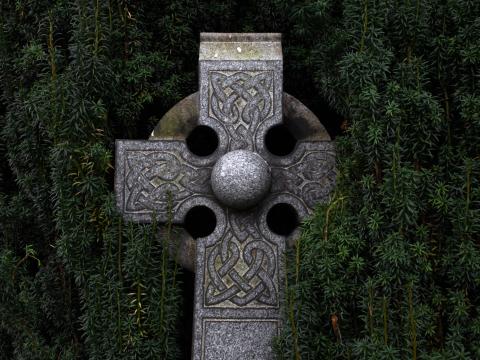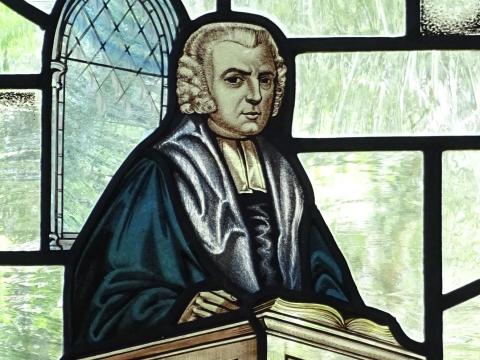Spelling Grace
A month ago Frederick Buechner died at age ninety-six. During that windfall of years, in which he served as a high-school chaplain, was ordained a Presbyterian minister, raised a family, and worked his unusually enchanted way with words, Buechner wrote a book that I read again each year. It came to me as a gift from a dear friend. It’s called The Alphabet of Grace.
Read more













